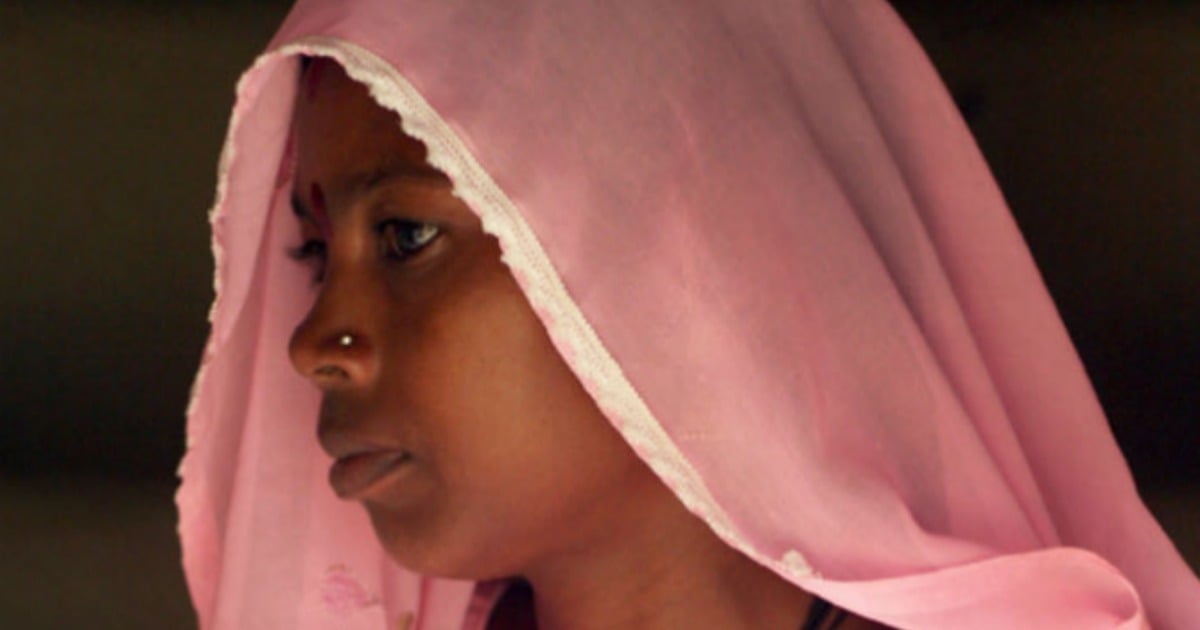Anaya* was sick and bedridden, having just given birth to her second child after a difficult pregnancy, when her husband left her for someone else. She begged him to stay and even offered for her husband’s new wife to live with them, but he declined.
Like many women in India, Anaya had married young, and although she had worked tirelessly in the leather industry for 20 years, she had no money and was now left to feed her young family alone. Anaya had no choice but to force herself out of bed and find whatever work she could. She found a job as a “maid servant”, working long hours and waiting until the end of each month for her meagre pay cheque.




